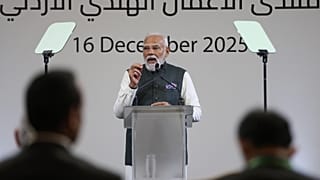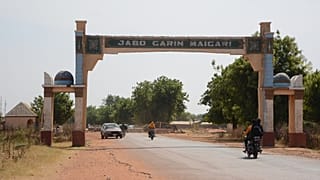Ethiopia
The state of emergency declared by the Ethiopian government on Friday following the resignation of Prime Minister Hailamariam Desalegn will remain in force for six months.
This was announced on Saturday by the Minister of Defence who invoked the risk of new “clashes on ethnic lines” and the need to protect constitutional order.
But in the streets of Addis Ababa this decision has not been widely accepted.
“I do not believe that a state of emergency will bring peace and stability to the country. Peace and stability should flow from negotiations between the people and government,” opined Andualem Melese, a resident of Addis Ababa.
Kebede Wondu also a resident of Addis Ababa thinks young people simply want democracy and leadership.
“Who will meet their expectations? In my opinion, declaring a state of emergency is not the answer,” he says.
“In order to solve the actual problems, the executive council has decreed a state of emergency and it will soon be approved by the House of Representatives of the People. We still don’t know what the state of emergency has in store for us, but we’ll see what happens next,” says Mulushewa Kebede.
Ethiopia is in the midst of a political crisis marked by anti-government protests that have been unprecedented for a quarter of a century. The repression of these demonstrations has resulted in at least 940 deaths, according to the Ethiopian Human Rights Commission, which is linked to the government.
Relative calm had only returned with the establishment of a state of emergency between October 2016 and August 2017 and thousands of arrests.











01:14
CAR deploys armed forces and MINUSCA to secure elections
00:49
Eritrea announces departure from IGAD regional bloc
01:00
Central African Republic prepares for critical elections amid persisting instability
Go to video
Six African women break barriers in Forbes 2025 power list
00:54
Benin government assesses situation after thwarted coup
01:10
Tinubu declares security emergency as kidnappings rock Nigeria